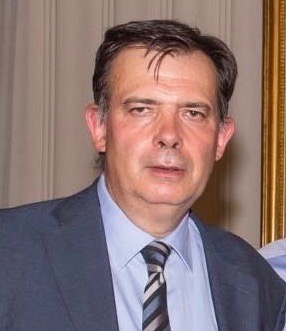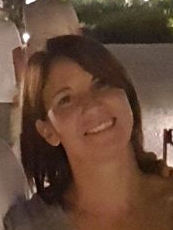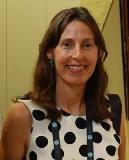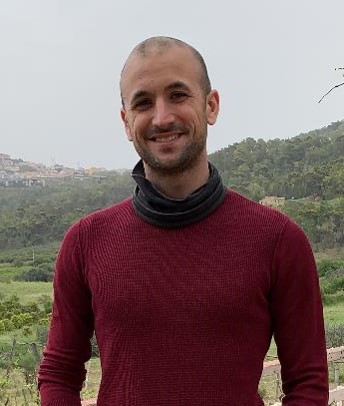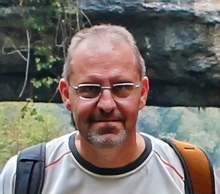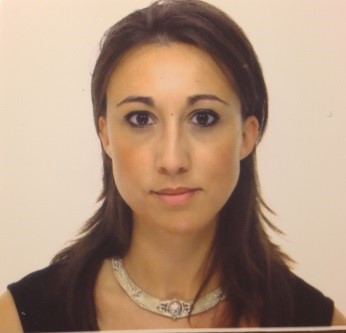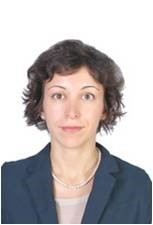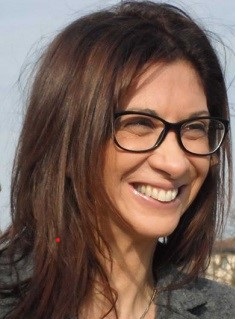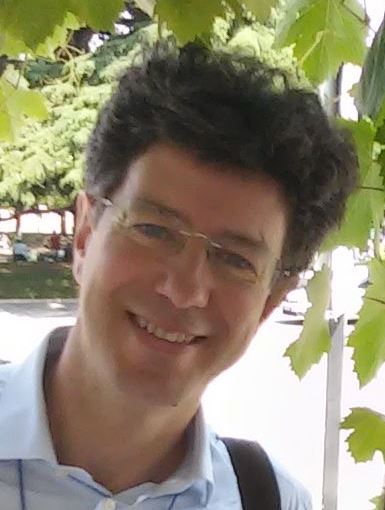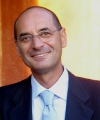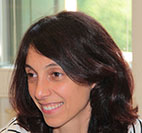Studying at the University of Verona
Here you can find information on the organisational aspects of the Programme, lecture timetables, learning activities and useful contact details for your time at the University, from enrolment to graduation.
Academic calendar
The academic calendar shows the deadlines and scheduled events that are relevant to students, teaching and technical-administrative staff of the University. Public holidays and University closures are also indicated. The academic year normally begins on 1 October each year and ends on 30 September of the following year.
Course calendar
The Academic Calendar sets out the degree programme lecture and exam timetables, as well as the relevant university closure dates..
| Period | From | To |
|---|---|---|
| I semestre | Oct 1, 2020 | Jan 29, 2021 |
| II semestre | Mar 1, 2021 | Jun 11, 2021 |
| Session | From | To |
|---|---|---|
| Sessione invernale d'esame | Feb 1, 2021 | Feb 26, 2021 |
| Sessione estiva d'esame | Jun 14, 2021 | Jul 30, 2021 |
| Sessione autunnale d'esame | Sep 1, 2021 | Sep 30, 2021 |
| Session | From | To |
|---|---|---|
| sessione estiva di laurea | Jul 13, 2021 | Jul 13, 2021 |
| Sessione autunnale di laurea | Oct 12, 2021 | Oct 12, 2021 |
| Sessione invernale di laurea | Mar 10, 2022 | Mar 10, 2022 |
| Period | From | To |
|---|---|---|
| Festa dell'Immacolata | Dec 8, 2020 | Dec 8, 2020 |
| Vacanze Natalizie | Dec 24, 2020 | Jan 3, 2021 |
| Epifania | Jan 6, 2021 | Jan 6, 2021 |
| Vacanze Pasquali | Apr 2, 2021 | Apr 5, 2021 |
| Festa del Santo Patrono | May 21, 2021 | May 21, 2021 |
| Festa della Repubblica | Jun 2, 2021 | Jun 2, 2021 |
| Vacanze estive | Aug 9, 2021 | Aug 15, 2021 |
Exam calendar
Exam dates and rounds are managed by the relevant Science and Engineering Teaching and Student Services Unit.
To view all the exam sessions available, please use the Exam dashboard on ESSE3.
If you forgot your login details or have problems logging in, please contact the relevant IT HelpDesk, or check the login details recovery web page.
Should you have any doubts or questions, please check the Enrollment FAQs
Academic staff
 giulio.mazzi@univr.it
giulio.mazzi@univr.it
Study Plan
The Study Plan includes all modules, teaching and learning activities that each student will need to undertake during their time at the University.
Please select your Study Plan based on your enrollment year.
1° Year
| Modules | Credits | TAF | SSD |
|---|
2 modules among the following2° Year activated in the A.Y. 2021/2022
| Modules | Credits | TAF | SSD |
|---|
3 modules among the following| Modules | Credits | TAF | SSD |
|---|
2 modules among the following| Modules | Credits | TAF | SSD |
|---|
3 modules among the following| Modules | Credits | TAF | SSD |
|---|
Legend | Type of training activity (TTA)
TAF (Type of Educational Activity) All courses and activities are classified into different types of educational activities, indicated by a letter.
Biotechnology of fruit crops (2021/2022)
Teaching code
4S008251
Academic staff
Coordinator
Credits
6
Language
Italian
Scientific Disciplinary Sector (SSD)
AGR/03 - ARBORICULTURE AND FRUITCULTURE
Period
Primo semestre dal Oct 4, 2021 al Jan 28, 2022.
Learning outcomes
The course aims to provide students with the knowledge of technological, physiological and molecular aspects concerning the production of fruits of food interest. The course illustrates the molecular mechanisms that regulate the flower/fruit transition and the strategies for the improvement of fruit set and seedless fruit production as well as the physiology and molecular control of ripening with particular regard to the aspects that contribute to the final quality of the fruit. Examples of successful biotechnological approaches used to modify specific characteristics of the fruit and their impact on production, quality and post-harvest phases will be provided.
Program
• The transition from vegetative to reproductive development. Photosynthate partitioning during reproductive development. The regulation of flowering: endogenous and exogenous factors. Photoperiodism. The molecular basis of flower development.
• Formation of gametes, pollination, ovule fertilization, fruit initiation. The parthenocarpic fruit development. Hormonal control of fruit set. Biotechnological approaches for fruit set improvement and production of seedless fruits.
• Fruit development: from herbaceous growth to maturation phase. Processes, metabolisms and molecular events characterizing the maturation process in fleshy fruits. The hormonal control of ripening: physiology of climacteric and non-climacteric fruits. The interaction with the growing environment and the development of quality and productivity traits. Managing the fruit quality during the post-harvest phase: technological, physiological and molecular aspects of fruit storage and shelf-life.
• Mutants and selection of quality traits in fruit crop species. Biotechnological approaches for improving fruit traits: examples and case studies.
Bibliography
Examination Methods
For both attending and non-attending students, the oral examination will concern the topics presented during the lessons. The exam will ascertain the students’ ability to understand the physiological and molecular basis of fruit development and evaluate biotechnological applications aimed at improving fruit quality and production.
Type D and Type F activities
Le attività formative in ambito D o F comprendono gli insegnamenti impartiti presso l'Università di Verona o periodi di stage/tirocinio professionale.
Nella scelta delle attività di tipo D, gli studenti dovranno tener presente che in sede di approvazione si terrà conto della coerenza delle loro scelte con il progetto formativo del loro piano di studio e dell'adeguatezza delle motivazioni eventualmente fornite.
| years | Modules | TAF | Teacher |
|---|---|---|---|
| 1° 2° | Python programming language | D |
Vittoria Cozza
(Coordinator)
|
Career prospects
Module/Programme news
News for students
There you will find information, resources and services useful during your time at the University (Student’s exam record, your study plan on ESSE3, Distance Learning courses, university email account, office forms, administrative procedures, etc.). You can log into MyUnivr with your GIA login details: only in this way will you be able to receive notification of all the notices from your teachers and your secretariat via email and soon also via the Univr app.
Graduation
Deadlines and administrative fulfilments
For deadlines, administrative fulfilments and notices on graduation sessions, please refer to the Graduation Sessions - Science and Engineering service.
Need to activate a thesis internship
For thesis-related internships, it is not always necessary to activate an internship through the Internship Office. For further information, please consult the dedicated document, which can be found in the 'Documents' section of the Internships and work orientation - Science e Engineering service.
Final examination regulations
List of theses and work experience proposals
| theses proposals | Research area |
|---|---|
| Dinamiche della metilazione del DNA e loro contributo durante il processo di maturazione della bacca di vite. | Various topics |
| Miglioramento del profilo nutrizionale e funzionale di sfarinati di cereali mediante fermentazione con batteri lattici | Various topics |
| Risposte trascrittomiche a sollecitazioni ambientali in vite | Various topics |
| Studio delle basi genomico-funzionali del processo di embriogenesi somatica in vite | Various topics |
Attendance
As stated in the Teaching Regulations for the A.Y. 2022/2023, attendance is not mandatory. However, professors may require students to attend lectures for a minimum of hours in order to be able to take the module exam, in which case the methods that will be used to check attendance will be explained at the beginning of the module.

 +39 045 802 7839
+39 045 802 7839
